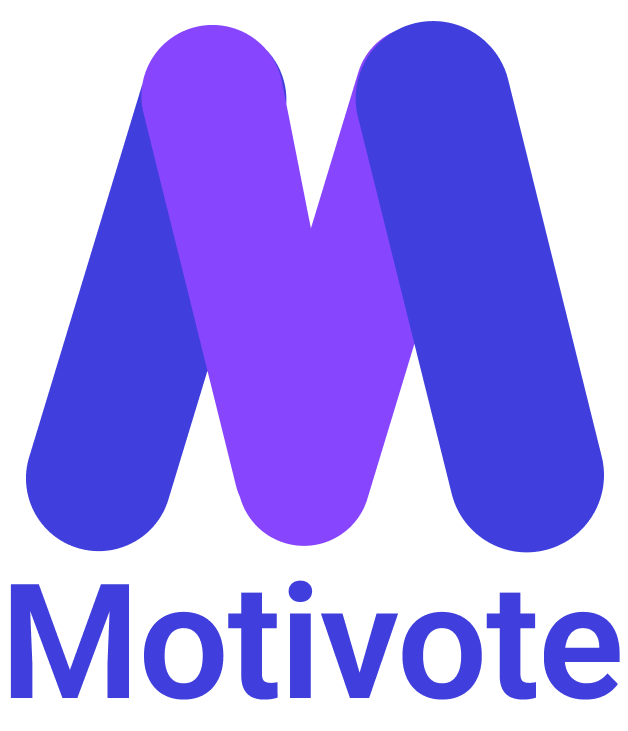Staying Neutral & Nonpartisan
Keep your voter engagement initiative welcoming and inclusive with a nonpartisan approach. Nonpartisan programs help people learn about elections and navigate the voting process. They don't support or oppose political candidates or parties.
When you position encouraging voting as part of a broader goal of encouraging civic engagement, your focus becomes about a social good rather than about particular parties or candidates. Voting is just one way that people can engage civically.
What Does It Mean To Be Non-Partisan?
Focus on the WHAT, WHEN, HOW and WHY of voting, but stay away from the WHO.
That is, help potential voters understand the importance of elections and help them with logistics, but do not discuss who to vote for.
You can (and should!) encourage voters to get informed about the candidates and measures on their ballot by recommending nonpartisan resources. But to remain nonpartisan, you should not make statements about who they should vote for.
To ensure your initiative is non-partisan, follow these guidelines:
- Don’t encourage someone to register for one party or another
- Don’t encourage someone to vote for one candidate or another
- Don’t make statements about political parties, candidates, or issues
Types of Nonpartisan Activities
These types of activities are generally permissible in a nonpartisan initiative (not comprehensive):
- Conduct a voter registration drive in your community
- Remind people of upcoming elections and relevant deadlines and dates
- Encourage people to register and vote in your communications or events
- Provide information on when and where to vote - such as finding poll locations, getting absentee ballots or contacting election offices
- Sponsor a candidate forum with other community partners for all candidates, and encourage your community to attend such forums
- Display or provide an official sample ballot or distribute a nonpartisan voter guide from a trusted partner about what is on the ballot
Additional Resources
- Civic Engagement - The Policy Circle
- Civic Engagement Primer - PACE
- Nonpartisan Messaging Tips - Students Learn Students Vote
- Voting Access isn't Partisan Messaging Guide - Students Learn Students Vote
- How to Stand Up to Partisan Attacks on Democracy While Remaining Nonpartisan (Webinar Recording) - Students Learn Students Vote
- Official Communications With Voters Checklist - Ideas 42
- Staying Nonpartisan: Permissible Election Activities Checklist - Nonprofit Vote






